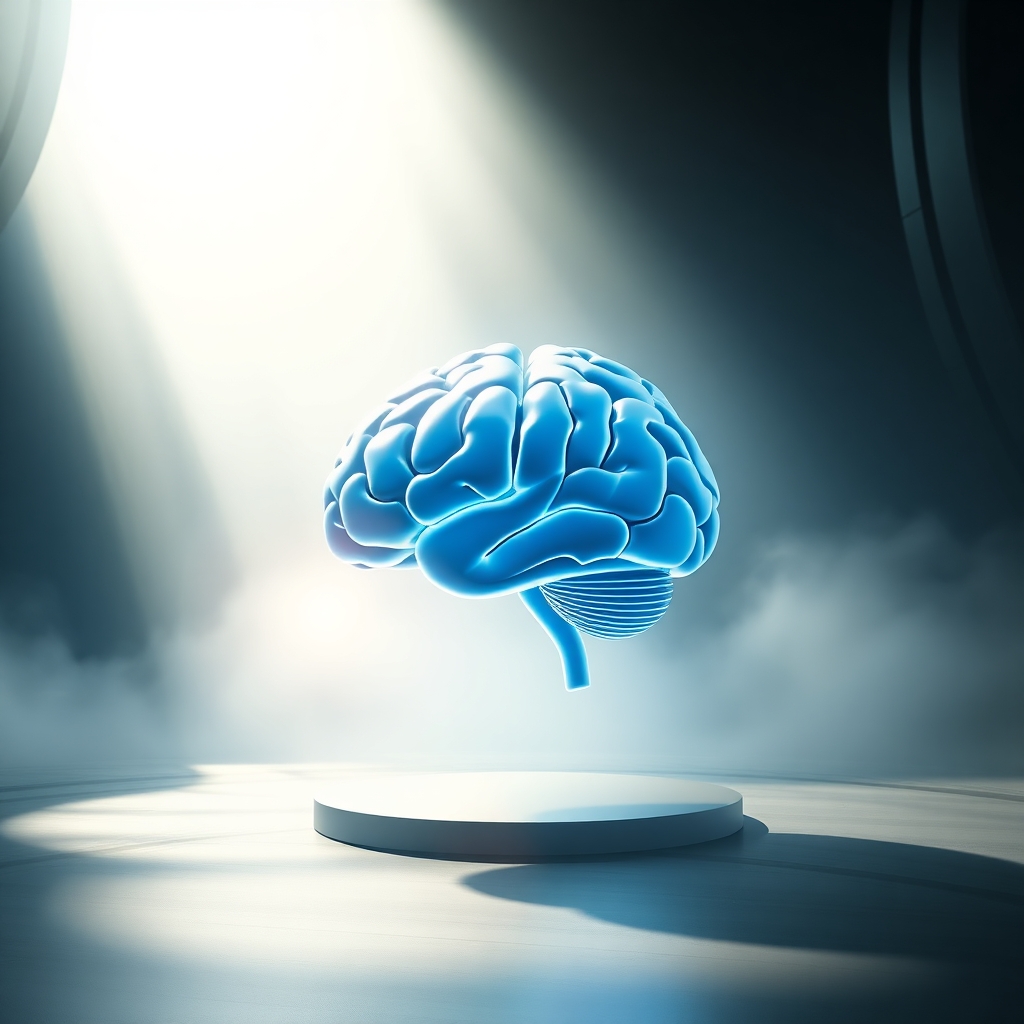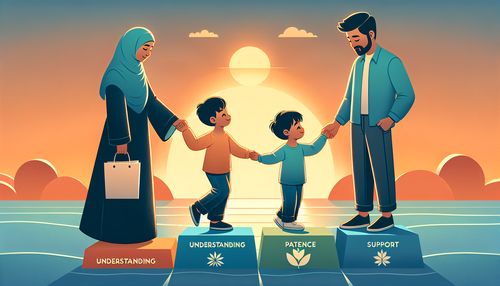ADHD: Myths vs. Facts – What You Need to Know
Misunderstandings about ADHD can lead to stigma, delayed diagnosis, and inadequate support for those affected. By clarifying the facts, you help foster a more inclusive environment-whether at home, school, or work. Accurate knowledge empowers you to advocate for appropriate accommodations and treatment, and ensures that those with ADHD aren’t unfairly judged or dismissed. Addressing these misconceptions is crucial for improving long-term outcomes and reducing barriers to success.









